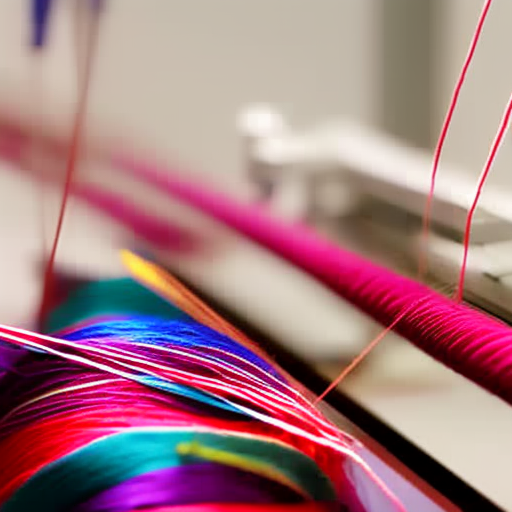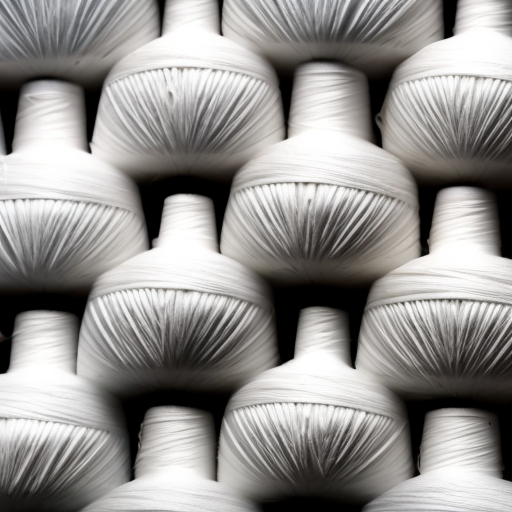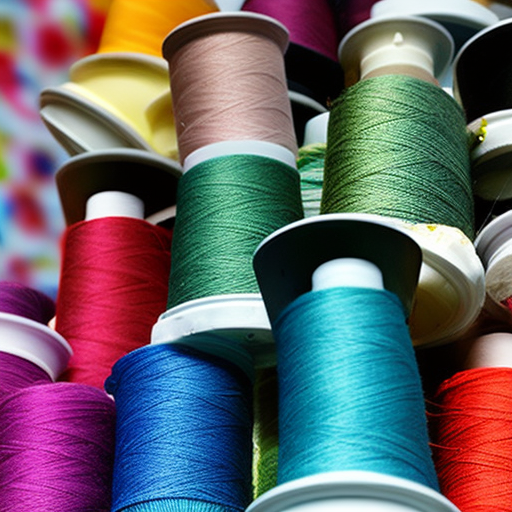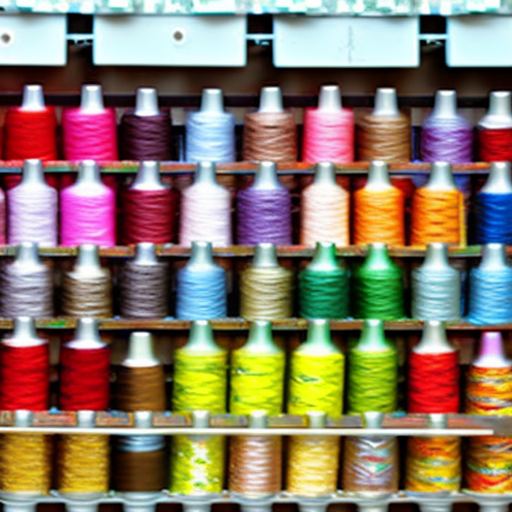

Gone are the days when sewing was limited to tedious hand stitching. With the introduction of sewing machines, the process of stitching has become faster, efficient, and more convenient. However, behind the scenes, there is an essential component that enables the smooth functionality of sewing machines – sewing thread winding job work.
Thread winding is a crucial step in the manufacturing process of sewing threads. It involves transferring thread material from larger spools to smaller ones, making them suitable for use in sewing machines. This process ensures that the thread is evenly distributed and tightly wound, preventing any tangles or breakages during sewing.
Process of
The sewing thread winding job work typically follows these steps:
- Preparation: The thread material is sourced and inspected to ensure its quality. Any defects or impurities are removed, ensuring only the best thread is used for winding.
- Thread Placement: The chosen thread material is then set onto a specialized thread winding machine. This machine is equipped with various spindles to hold different colors and types of thread.
- Winding: The machine starts winding the thread, transferring it from the large spools onto smaller ones. The machine ensures consistent tension and even distribution of the thread.
- Quality Check: Once the winding process is complete, the threads undergo a quality check to ensure they meet the required standards. This includes checking for any knots, tangles, or imperfections in the thread.
- Packaging: Finally, the perfectly wound threads are packaged in suitable containers or spools ready for distribution for further use in garment factories, textile industries, or even for individual sewing enthusiasts.

The sewing thread winding process is a fundamental step that ensures the thread is consistent and ready for optimal performance in sewing machines. It saves time and effort for both industrial and domestic users, providing them with efficiently wound threads that eliminate any potential thread-related issues during sewing.
Thread winding job work is commonly outsourced to specialized companies that possess the necessary machinery and expertise to handle large volumes of thread winding. By outsourcing this step, manufacturers can streamline their production processes, focus on core tasks, and ensure high-quality sewing threads for their customers.
The Importance of
The role of sewing thread winding job work goes beyond simply transferring thread material to smaller spools. It offers several benefits, including:
- Efficiency: Properly wound threads reduce the chances of thread breakage, tangles, or knots during sewing, leading to a more efficient sewing process.
- Consistency: Thread winding ensures an even distribution of the thread material, preventing inconsistencies in stitching and promoting uniformity in the final product.
- Productivity: By outsourcing thread winding, manufacturers can focus on their core operations, resulting in increased productivity and faster turnaround times.
- Quality Control: The quality check during the winding process allows for the identification and removal of any defective threads, ensuring only superior quality threads reach the market.
- Customer Satisfaction: Well-wound threads contribute to better stitching outcomes, enhancing the durability and overall appearance of garments, thus satisfying end customers.
In conclusion, sewing thread winding job work plays a crucial role in the manufacturing of sewing threads. It ensures the availability of properly wound threads that are essential for smooth and efficient sewing processes. By partnering with specialized thread winding service providers, manufacturers can optimize their production workflows, enhance quality control, and ultimately deliver high-quality sewing threads to their customers.





I love to sew!
Danielle Jordan: I could get into thread winding, it looks simple but also can get complicated!
Wow, this job sounds interesting and could be pretty rewarding! It’s so great to see people passionate about sewing and willing to put in the effort to try something new! It will surely be a learning experience that pays off in the end!
It sounds like a great way to get creative and try something new!